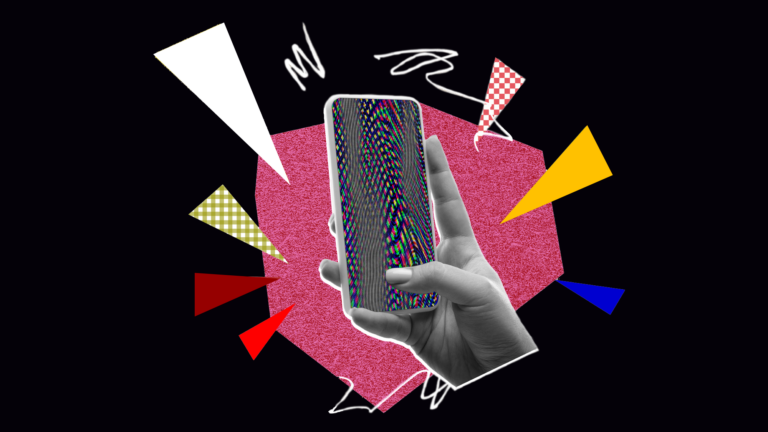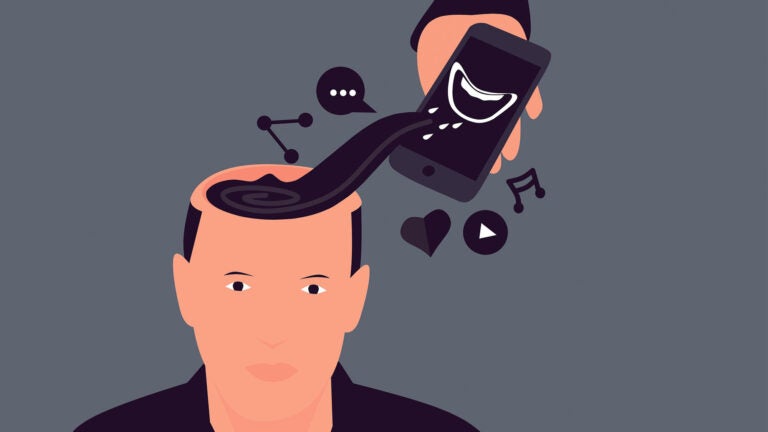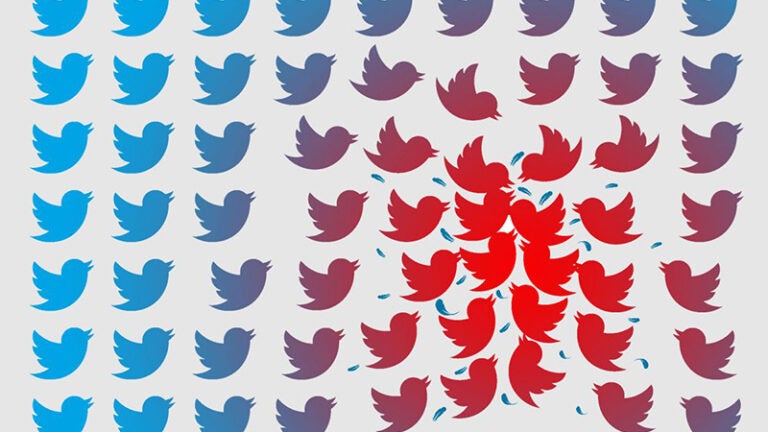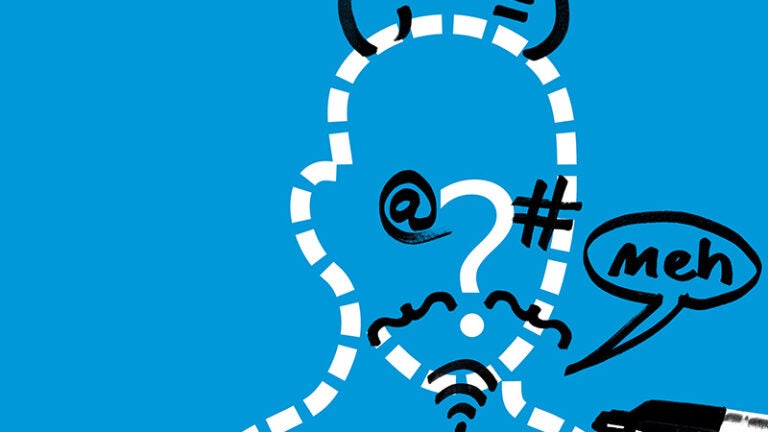Scholars explain why social media is so all-consuming, and how we can help break the habit, in this recap from a recent Dornsife Dialogues event.
USC Dornsife News
USC Dornsife psychology researchers find that frequent and infrequent users of social media respond differently to likes, comments and other social rewards — and changing a platform’s structure may curb negative habits.
Fighting misinformation doesn’t have to involve restricting content or dampening people’s enthusiasm for sharing it. The key is turning bad habits into good ones.
Understanding habits allows us to reverse engineer our way out of social media’s behavioral traps. In other words, we can change the cues that activate our habits. [5¾ min read]
Research led by USC Dornsife psychologists also finds that people are more likely to condone using violence to defend their beliefs when they think others share their moral values.
The USC Iovine and Young Academy builds on convergent bioscience efforts with USC Dornsife’s Peter Kuhn to begin work on a new track for students aimed at helping patients participate in their own care.
Young people throughout history, it seems, have felt unfairly judged by critical and uncomprehending elders. Nowhere is that more the case than with the millennial generation.
- 1
- 2








